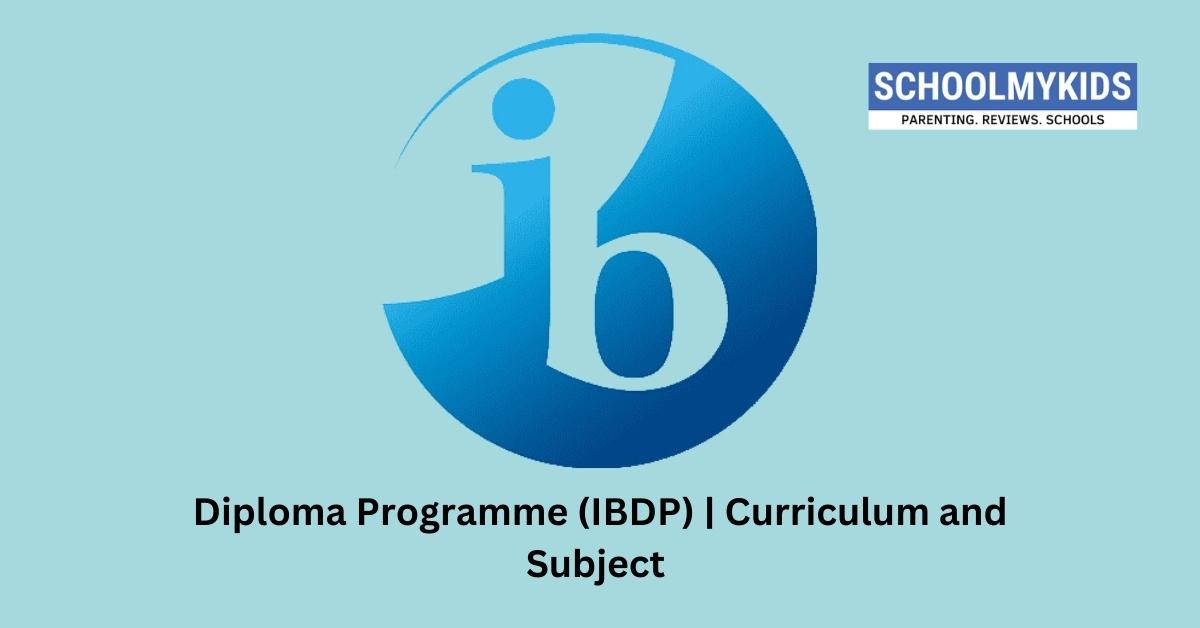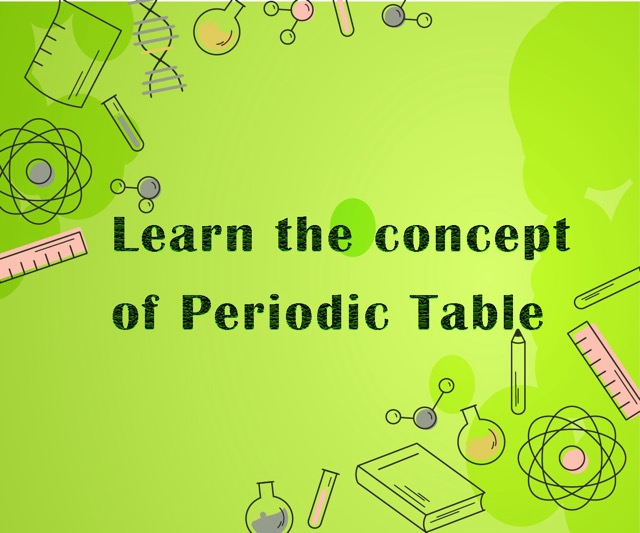The International Baccalaureate (IB) Diploma Programme (DP) popularly known as IBDP is the most popular program of the International Baccalaureate (IB). IB DP is for students aged 16 to 19 years. The IB DP is recognised among leading universities across the world. IB has program for students aged between 3 to 19. Find out more about all IB Programmes Middle Years Programme (MYP) and the Primary Years Programme (PYP). Read our other article to know about Approved IB Schools in India List for IB Diploma Schools in India, IB PYP Schools in India, IB MYP Schools in India. Continue to read this article to know more about Diploma Programme (IBDP).
Read about other Boards of Education in India or CIE Cambridge Programmes or find out the list of Cambridge schools in India for Cambridge IGCSE Schools in India List and Cambridge A Level Schools in India.
IB DP – International Baccalaureate Diploma Programme (IBDP) – Overview
IBDP programme was created in 1968. It is a two years program spanning over Grade 11 & 12 (Class 11 & 12).
The IBDP curriculum is made up of
- six subject groups
- the DP core – Theory of knowledge (TOK), creativity, activity,service (CAS) and the extended essay.
IBDP Six Subject Groups
Each of these subject groups have multiple courses within them.
- Studies in language and literature
- Language acquisition
- Individuals and societies
- Sciences
- Mathematics
- The arts
The DP Core Elements
- Theory of Knowledge (TOK)
- The Extended Essay -4000 word of paper containing an independent, self directed research.
- Creativity, Activity, Service (CAS) – All students have to contribute to at least half a day per week to CAS.
How to Choose Subject in the Diploma Programme
As discussed above students have to choose subjects / courses from the the 6 subject groups – studies in language and literature; language acquisition; Individuals and societies; Sciences; Mathematics; and the Arts.
Guide to Choose Subjects in the diploma Programmer
- Students can study additional Sciences, Individuals and societies or Language course instead of choosing course from the Arts group (Group 6).
- For almost every subject their are 2 levels Higher level (HL) and Standard level (SL). Standard level subjects are of 150 teaching hours while Higher level comprises 240 teaching hours.
- Each student have to take some subjects at higher level (HL) and some at standard level (SL).
- Students have to take at least 3 subject at higher level and remaining at standard level.
- Students can choose upto 4 subjects at HL level
- Some school allows students to take 3 subject from Sciences group (Group 4) and 1 subject from Studies in language and literature (Group 1), Language acquisition (Group 2) and Mathematics (Group 5).
Explore List of IB Diploma Schools in India offering IB DP Curriculum
IBDP Assessment and Award of the Diploma
Students have to take the written examinations at the end of the programme, which are marked by external IB examiners
- Each examined subject is graded on a scale of 1 (minimum) to 7 (maximum).
- The award of the diploma requires students to meet the defined standards and conditions.
- Students have to secure a minimum total of 24 points and the satisfactory completion of the extended essay, Theory of Knowledge course (TOK) and CAS (creativity, activity, service) activities.
- The maximum score of 45 includes three points for the combination of the extended essay and work in TOK.









Be the first one to comment on this story.